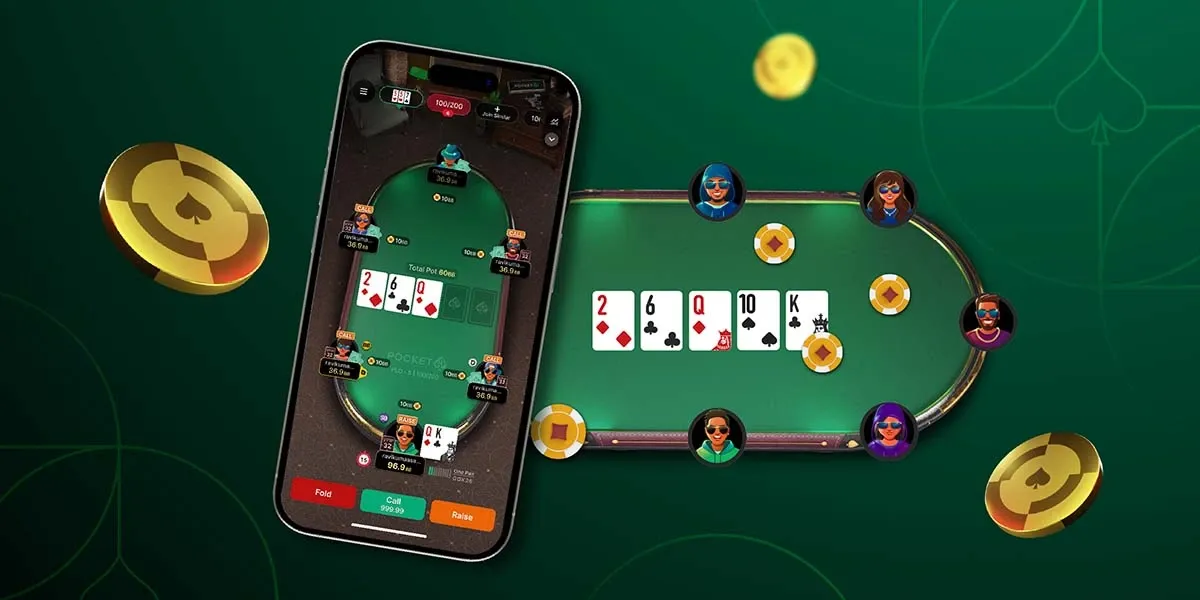In the world of startups and innovation, entrepreneurs are constantly faced with uncertainty. Whether it’s launching a new product, entering an unfamiliar market, or pitching to investors, every move involves an element of risk. Interestingly, this is where the world of gambling—often seen as pure chance—overlaps with the strategic mindset required in business.
While gambling and entrepreneurship differ in intent and outcome, both demand a deep understanding of risk, probability, and decision-making. Studying the psychology behind gambling can offer entrepreneurs valuable lessons in self-control, calculated thinking, and how to harness uncertainty without being consumed by it.
Risk Perception and Decision-Making Under Pressure
At its core, gambling is not just about luck—it’s about understanding odds, making predictions, and reacting to rapidly changing scenarios. Similarly, entrepreneurs often face decisions where the outcomes are unknown but the stakes are high. How one perceives and responds to these scenarios can determine long-term success or failure.
Psychologists who study gambling behaviors have found that most players fall into common cognitive traps: overconfidence, loss aversion, and the gambler’s fallacy. Entrepreneurs are equally susceptible. For example:
- Overconfidence can lead to expanding too quickly or ignoring warning signs in the business model.
- Loss aversion might prevent a founder from pivoting or cutting their losses on a failing product.
- Gambler’s fallacy, the belief that a win is “due,” can push business owners to double down on a strategy that’s not working.
By learning how gamblers make—and often misjudge—risk-based decisions, entrepreneurs can become more aware of their own biases and develop more grounded, data-driven strategies.
Embracing Uncertainty: The Entrepreneurial Edge
Many successful gamblers aren’t reckless at all—they’re methodical. Professional poker players, for example, study probabilities, observe opponents’ behavior, and make calculated moves based on limited information. Entrepreneurs operate in much the same way.
In fact, some startup founders have found inspiration or insight from gambling environments, where controlled risk-taking is the name of the game. Understanding how to weigh options without complete data, manage emotions under stress, and accept failure as part of the process builds resilience—a key entrepreneurial trait.
Moreover, gambling psychology underscores the importance of knowing when to walk away. In business, clinging to a failing idea out of emotional investment can be far more damaging than pulling the plug early and redirecting resources.
Just like a good poker player knows when to fold, a smart entrepreneur learns to exit with dignity—and with insights gained for the next round.
The Role of Gamification and Behavioral Design
Another fascinating crossover between gambling psychology and entrepreneurship lies in product development. Many tech startups borrow elements from the gambling industry to keep users engaged. Features like variable rewards, progress bars, and “daily streaks” are borrowed straight from slot machine mechanics and casino psychology.
Understanding these principles isn’t just useful for app design—it’s essential for creating user-centric products that drive long-term engagement. If you know how dopamine triggers influence user behavior, you’re better equipped to build products that retain customers, drive conversions, and stand out in a crowded market.
Even entrepreneurs operating outside the tech space can benefit from understanding how small incentives and reward loops influence decision-making. Whether it’s motivating employees, designing loyalty programs, or shaping user behavior, these tools can be applied ethically and effectively.
And for those who enjoy observing these mechanics firsthand, platforms like Betpanda poker bitcoin provide a real-world glimpse into how digital environments use psychological principles to create immersive, engaging experiences—often with high stakes and even higher user retention.
Final Thoughts
While entrepreneurship and gambling differ in intent—one aims to create value, the other to entertain—both involve stepping into the unknown with calculated confidence. Entrepreneurs who study the psychology of gambling can learn to assess risk more objectively, manage emotional biases, and design better user experiences through a deeper understanding of behavioral triggers.
Ultimately, mastering the psychology of risk isn’t about winning every time. It’s about making smarter decisions, learning from failure, and knowing how far to go before it’s time to change direction. In that sense, entrepreneurs and gamblers have more in common than you might think—and both can benefit from playing the odds wisely.





